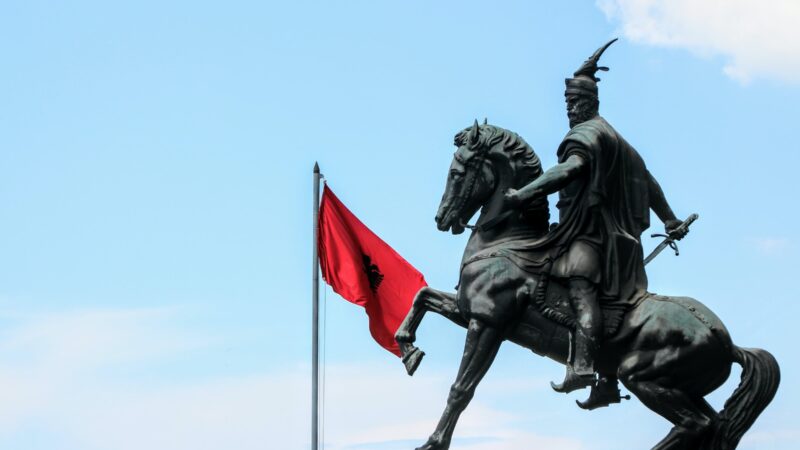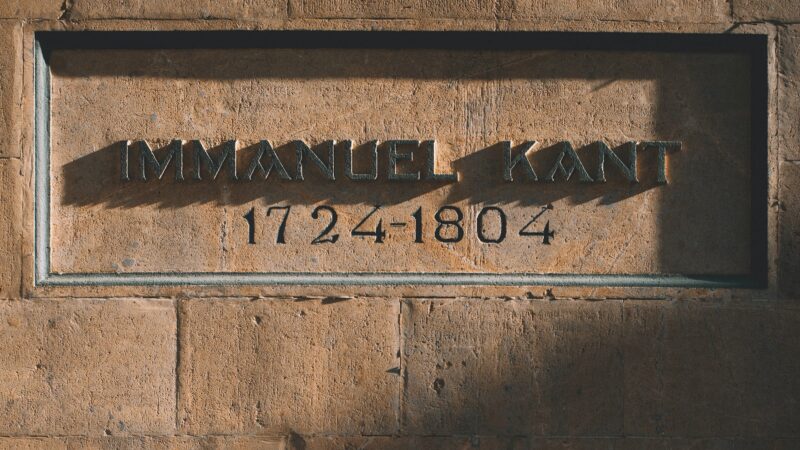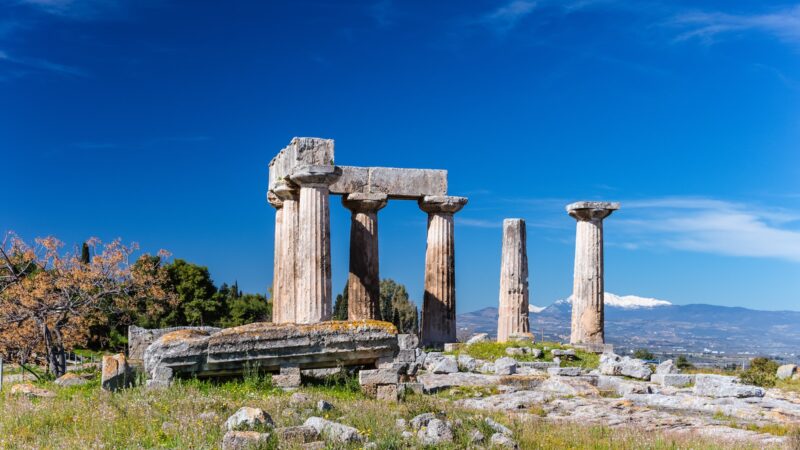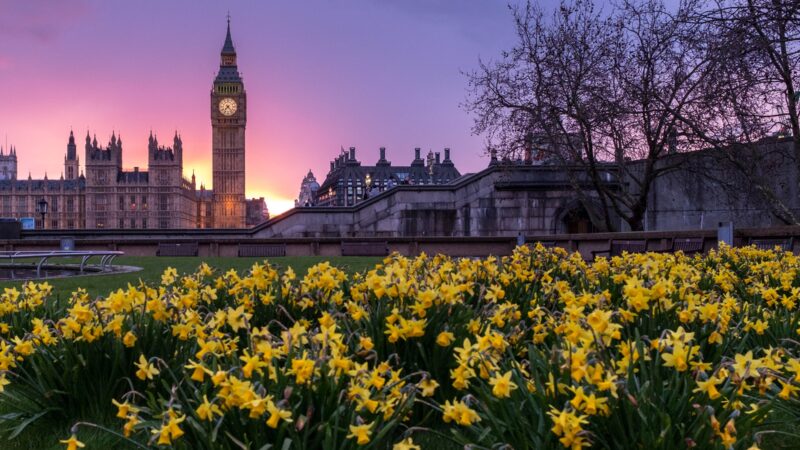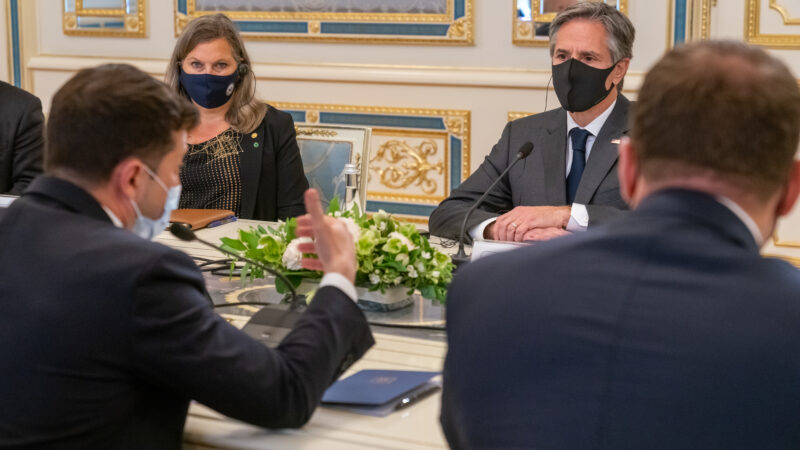It’s time to consign plaques to history | Robert Poll
When the government launched its ‘Retain and Explain’ policy in January 2021, those of us who value our heritage and see through the attacks on it greeted it with cautious optimism. Sadly, the unveiling of a new plaque in Shrewsbury about Clive of India has proved that caution well placed.
For the policy helped close one battleground over removal, only to open up another much bigger one over history itself. History has always been open to interpretation and reinterpretation, but never, until now, has one single version been declared the ‘correct’ one. We have entered a dangerous new era for the study of history, where debate is increasingly controlled, its terms of reference defined by one group with one particular agenda.
Plaques were touted as a compromise, but handing editorial control of history to those who want to rewrite it is not so much a compromise as an act of unconditional surrender. Turning a monument into an anti-monument is a much more powerful victory than simply removing it. The Chairman of the Edinburgh’s ‘Slavery and Colonialism’ review is upfront about not wanting to remove statues, preferring instead to project his own version of history onto them. And it very much is his version of history. The review has descended into chaos and threats of legal action from academics who have been excluded and dismissed as a ‘racist gang’. These include Professor Sir Tom Devine, Professor Jonathan Hearn and Professor Angela McCarthy. The cry of ‘racist’ – long used to shut down criticism and debate – has now permeated academia as those with the ‘right’ views sense the opportunity to control public discourse (and then to reap the financial rewards through appointments, book and media deals).
So far, we have seen plaques unveiled for three prominent historical figures – Henry Dundas in Edinburgh, Cecil Rhodes in Oxford, and now Clive – each one proving an exercise in unadulterated propaganda. I don’t intend to conduct a point-by-point rebuttal here, as defending reputations is not my primary objective. But it’s clear that the vital distinction between fact and opinion has been blurred. It is not a ‘fact’ that Clive “inflicted famine, poverty and other atrocities” on India, any more than it’s a fact that Rhodes’ activities “led to great loss of life” or that Dundas was responsible for the enslavement of half a million Africans.
It’s all too easy to paint a lazy caricature of Clive as a colonial bogeyman. Much harder to understand him in context as a man who overcame his own mental health issues to achieve astounding feats against a decadent and corrupt regime abroad and a hostile establishment at home resentful of his class and success. Instead, today’s agenda-driven historians have sided with that very same spiteful establishment. Not exactly progressive.
The plaque has proved a blunt tool for a delicate job. Aside from the problem of who writes them, there is the insurmountable one of space. Biographies of these figures run to hundreds of pages each and there is simply no way to boil these down to a hundred words with any semblance of nuance or credibility. The obnoxious ‘QR code’ may side-step the space issue, but still concedes the need to provide an official interpretation where no such need exists. With their limited resources, councils need to reprioritise running local services instead of assuming responsibility for history lessons.
And this is not even to broach the aesthetic argument against these blights on our public realm that deface our statues as surely as any graffiti. If the Edinburgh review gets its way, Scotland’s historic capital will become a forest of plaques, with a lecture and guilt-trip on every corner.
Plaques have had their chance to prove they can deliver balanced history and have conspicuously failed. These three fiascos should be more than enough to spell the end of the plaque as a serious tool of historical debate and of the ‘Explain’ part of Retain and Explain. Just as the government and Historic England has adopted a default position of objecting to any application to remove a statue, now is the time for them to do likewise and consign the plaque to history.





